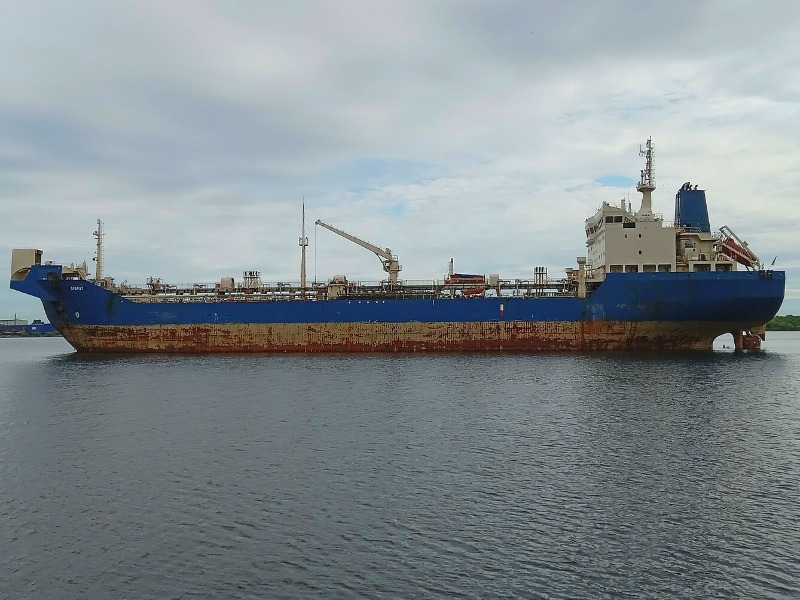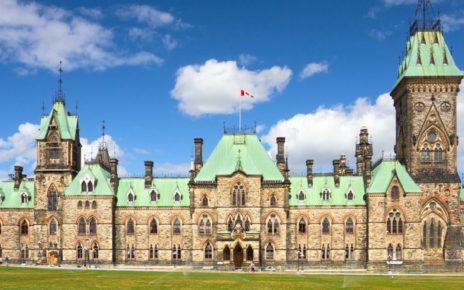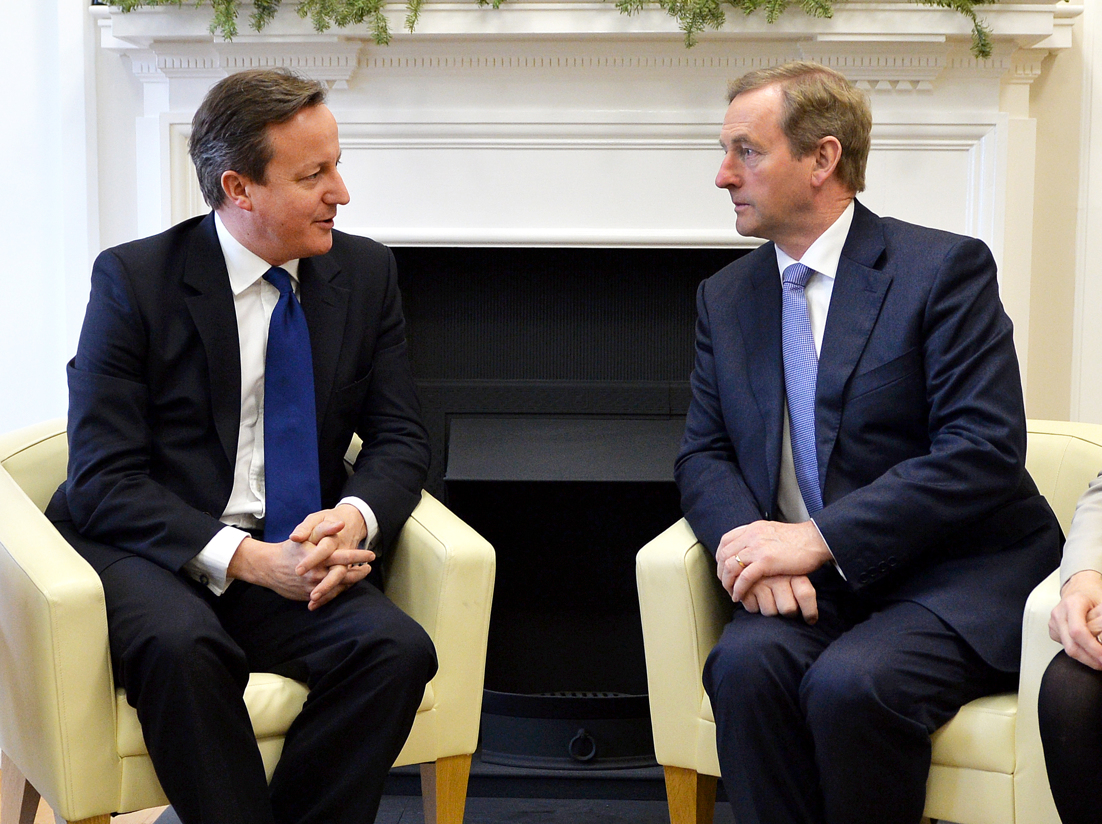The Russian full-scale invasion of Ukraine has catalyzed NATO’s long-overdue decoupling from Russian energy sources. In the weeks following the invasion, Canada became the first G7 country to ban the import of Russian crude oil. The United States followed suit and prohibited the purchases of oil, liquefied natural gas (LNG), and coal. The EU, which has long been heavily dependent on Russian fossil fuels, implemented a series of measures to achieve greater energy self-sufficiency. As a result, by 2025, Europe decreased its gas imports from 45% to 19%, oil from 27% to 3%, while coal imports have been completely ceased.
These joint sanctions inflicted noticeable losses on the Russian economy. In 2023, the Russian state budget saw a 24% decline in oil and gas revenues, compared to 2022. Since the beginning of the full-scale invasion, Gazprombank remained the largest Russian unsanctioned bank through which Europe paid for its energy imports. However, in November 2024, the Biden administration decided to scale up sanctions and target the financial institution. This, in turn, precipitated the ruble’s rapid inflation. Gazprom, Russia’s largest state-owned multinational energy corporation, reported USD 7 billion of losses in 2023 alone, yet again proving that the energy sector, which generates a third of Russian state revenue, has experienced a downturn following the Russian invasion of Ukraine. Even so, most of Gazprom’s losses are a result of the company’s self-imposed suspension of gas supplies to European countries, which it implemented to jeopardize Western energy security. It is thus not an outcome of NATO’s decoupling from Russian fossil fuels.
The current state of the Russian economy demonstrates that, despite some notable progress, NATO states have not been sufficiently decisive in sanctioning the Russian energy sector. More than three years after the invasion, the country’s financial situation does not seem to be dire. Except for the unsustainably surging corporate borrowing on the part of defence businesses, the state defence budget remains manageable. That is largely due to continuing cash flows from the fossil fuels, much of which still comes from NATO members. Despite vocally supporting Ukraine, between February 2022 and February 2025, NATO countries paid more to Russia for energy imports than they provided in aid for Ukraine. The discrepancy is substantially larger for the EU when compared to NATO states overall. In this regard, Slovakia and Hungary remain the most vocal opponents of decreasing the reliance on Russian oil and gas. Despite the availability of alternative energy sources, neither country has taken concrete steps toward decoupling from Russian fossil fuels. On the contrary, since the invasion, Hungary increased the share of imported Russian oil from 61% to 86%, and Slovakia remained almost fully dependent on Russian crude. There is little merit to affordability claims, as fuel prices in Hungary and Slovakia exceed the EU average. Hence, the phasing-out problem is a result of a lacking political will, not the absence of alternatives. Lower energy prices are not the sole or primary factor behind NATO’s reluctance to cut off Russian energy supplies. Rather, such a conciliatory approach is driven by an often-inflated fear of escalation, and in the case of some members, a persistent desire to remain on friendly terms with Russia.
In this regard, Turkey remains a stronghold for the export and refinement of Russian fossil fuels. It is Russia’s largest buyer of oil products. It is also among the first five biggest consumers of all other types of Russian fossil fuels. Since 2022, Turkish refineries have significantly expanded the processing of Russian crude. This oil is later sold to third-party states, many of whom sanctioned the Russian energy sector. Hence, Turkey supports virtually all aspects of the Russian fossil fuels industry and is key to keeping the Russian war economy afloat.
In comparison to most of their NATO allies, Canada and the United States are much less reliant on Russian energy sources. However, despite the instituted ban, both still import crude oil that originated in Russia but was refined in non-sanctioning third-party states. This exemption has been leveraged by the U.S. and Canada alike, allowing both to continue using Russian oil while maintaining the illusion of full compliance with energy sanctions. Since 2022, Canada has increased imports of originally Russian third-party refined oil products, with total purchases amounting to at least $250 million. A federal ban on imports of third-party refined petroleum has long been overdue and should be enacted without further delay. The current contradictory approach undermines Canada’s security and foreign policy objectives – funding Ukraine’s resistance with one hand while indirectly fueling the Kremlin’s war machine with the other.
Canada must take a strong stance not only in phasing out its own consumption of Russian crude but also in assisting its European allies in decreasing their reliance on Russian energy. This aligns with Marc Carney’s agenda to elevate Canada’s role in global energy supply chains to that of a hegemon. So far, Canada has concentrated on the expansion of its LNG industry. Several major LNG projects are underway in British Columbia. One of them, a shipping port at Kitimat, B.C., began operating this spring. At first glance, the growth of the LNG sector may seem like a promising option for ensuring Canada’s energy independence and sustainability, as well as for potentially substituting Russia and the United States as an exporter of LNG to the EU. However, upon closer examination, the proposition proves flawed. The global LNG export market is already oversaturated. Canada entered the industry late and is facing high production costs. Hence, it cannot match the price offered by other players. Additionally, it has now become widely accepted that LNG is not a pathway toward a sustainable energy future.
Canada should instead invest in its critical minerals sector, which has already been identified as one of the new government’s main objectives. Canada possesses large quantities of lithium, nickel, graphite, cobalt, and other minerals that are necessary for the clean energy transition. Contrary to the case of LNG, the demand for these minerals is surging while supply struggles to keep up with the pace. Both Canada and the EU should, where possible, move away from LNG consumption and instead invest in clean energy alternatives. Canada can also negotiate trade agreements for critical minerals and rare earths with its European and American allies. Both are currently dependent on China and are seeking to diversify their supply chains. This strategy opens the possibility to achieve both greater energy sustainability and the EU’s decoupling from Russian LNG (as the EU remains Russia’s largest LNG trade partner). Since critical minerals extraction requires mining, it inevitably generates environmental damage. To minimize it, Canada must implement the best existing practices in mine closure, as well as reclamation and tailings management. It should also assess the biodiversity impacts of such extraction.
An equally important objective in halting Russian oil and gas trade is the enforcement of sanctions on the country’s expanding shadow fleet. In December 2022, the coalition of the EU, the G7, and Australia imposed a USD 60 price cap on seaborne Russian oil. In response, Russia increased its shadow tanker fleet, which it uses to obscure the origin of its oil and bypass Western sanctions. Around 60 percent of the shadow ships are sold to Russia by the EU, with Greece being the largest single supplier. By continuing these sales, European countries enable Russia to circumvent the oil price cap and continue generating high revenues from the energy sector. Additionally, as the shadow fleet vessels are aging and do not undergo regular maintenance, their growth increases the probability of maritime incidents. It is thus crucial that NATO members, especially those whose private sectors are heavily involved in trading shadow vessels with Russia, outlaw such activities. To support this policy, NATO should also impose stricter sanctions on the Russian shadow fleet. The current restrictions vary from state to state, but on average target a minority of the Russian illegal vessels. For instance, Canada has sanctioned only about 300 of such ships, while as early as December 2023, Voxtexa estimated their number at 1089. Hence, much like with the case of third-party refined oil, NATO’s sanctions on Russia’s shadow fleet are insufficient. All member states should scale them up to address the threat Russia poses to global maritime security and to support Ukraine in its fight against the Russian war of aggression.
Photo: Chemical and oil tanker ARARAT in Arkhangelsk, Russia, July 2024. Accessed via Wikimedia Commons, licensed under CC BY 4.0.
Disclaimer: Any views or opinions expressed in articles are solely those of the authors and do not necessarily represent the views of the NATO Association of Canada.





